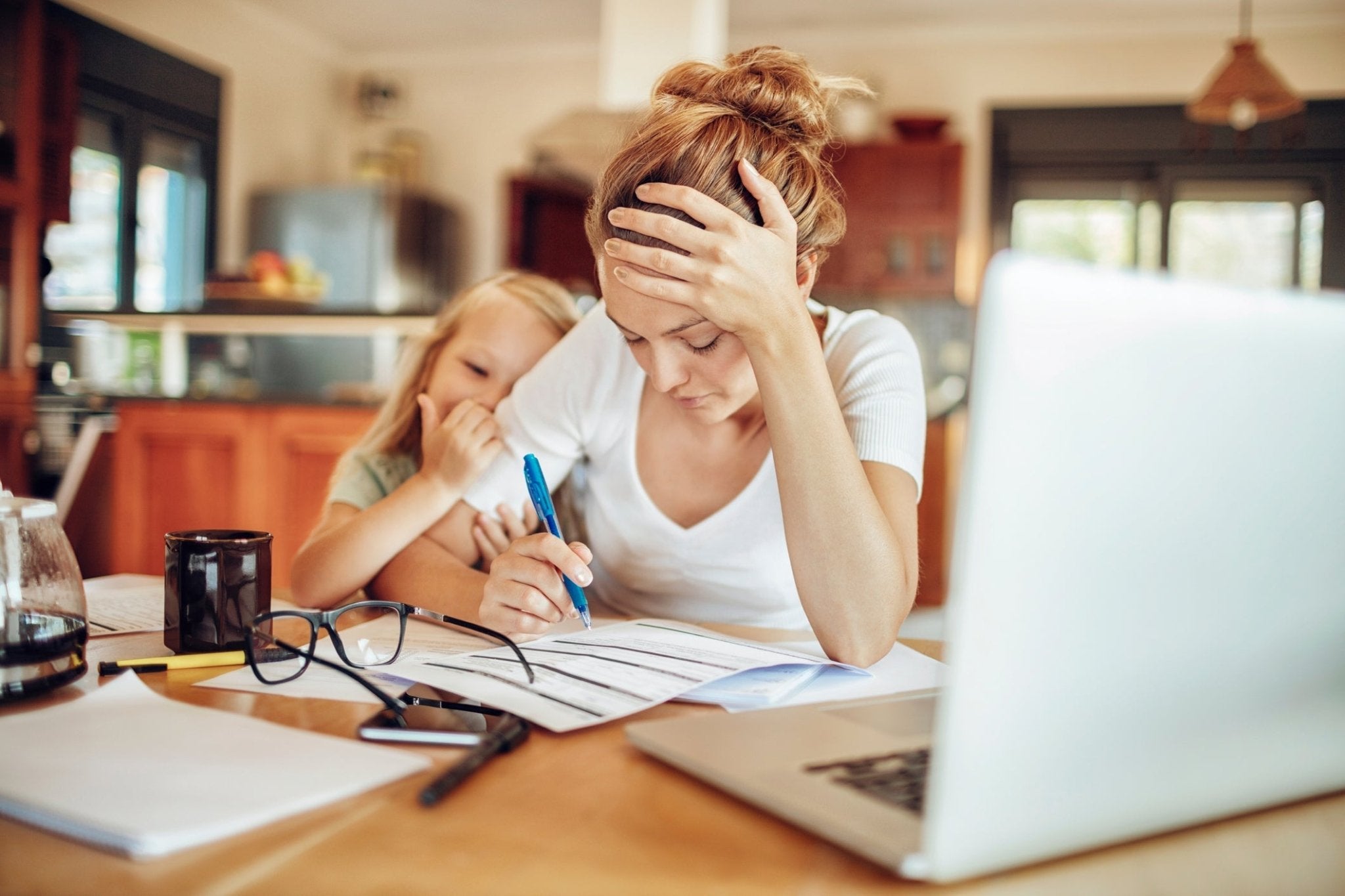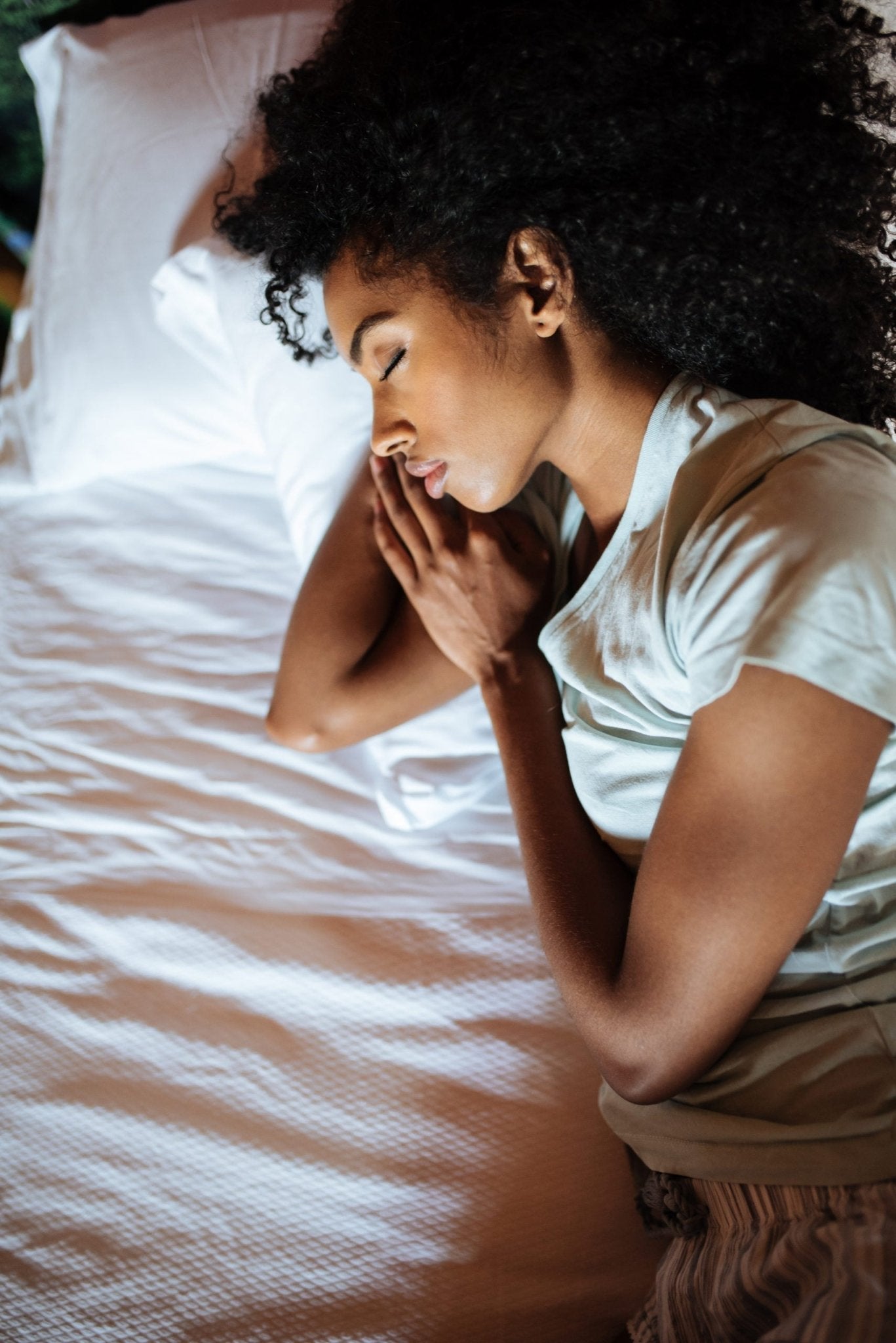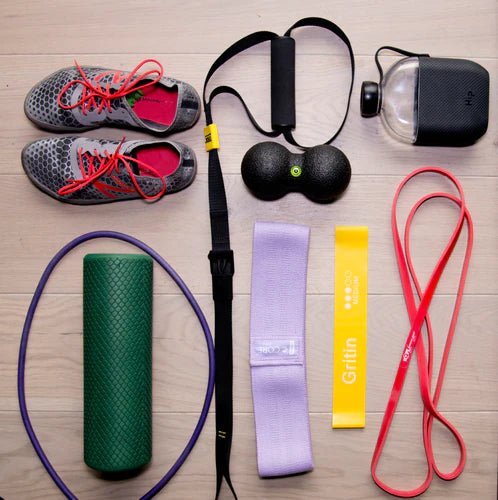We all know that lockdown didn’t have the same effect on all of us. Some people thrived, others felt utterly overwhelmed, for good reason. However Mara Klemich who is a top psychologist, neuro psychologist and co-founder of Heartstyles.com an indicator tool that can help us make the absolute best of our selves at work and at home, says that the one common denominator between us all is that we all know what this means for us a second time around. “We all learned that it’s really important to focus and prioritise our mental health,” she says. Her advice is to really focus on self-care, which includes proper sleep, routine daily exercise, harnessing positive social connections and staying mentally stimulated. “The most important thing to bear in mind is that we know how to do this!” she says.
Whether you are already in lockdown or are in Limbo like the rest of us, we asked Mara and other top experts for their advice on staying sane over the coming months.
Learn from the first time
“Use your experience during the initial lockdown to your advantage this time around,” says Mara. “Back in March, we learned a lot about ourselves. We learned what we did well to get through the stress of lockdown and we learned what we didn’t do so well. This is a massive positive advantage, so let’s see it that way. Think back to that time and now be proactive, take those steps that you know you needed to do to help sustain you, whether that’s social connection or self-care or coping skills.” Mara suggests making a list of what you know works and what doesn’t, and be intentional about how you will take control of your life during this time ahead.
Choose nutrition over toilet roll
In March the lockdown took us by (relative) surprise and with hindsight we realise that our priorities were a bit warped. With hindsight, we know that we were never short of toilet paper, but that eating well had the ability to vastly improve our mood, our wellbeing and ward off any illness.
We all know about the importance of eating fresh food and eating the rainbow (as many different coloured fruits and vegetables as possible), but nutritional therapist Karen Cummings-Palmer says there is also a lot of nutritional value in many packet and tinned food. “When it comes to feeding ourselves and our families in these challenging times let’s focus on good and forget about perfection. Whilst highly processed food is unhealthy, minimally processed food – think tinned, jarred and frozen – can the source of fast healthy nutrient dense meals.

Her advice is to look for organic tinned food – it is not just about the contents (unlikely to have added sugar, preservatives and colours) but the context – some tins still contain low levels of toxic chemicals in the lining.
“Having a store cupboard filled with foods that last months or even years means we can whip up delicious nutrition in minutes and we are far less likely to make unhealthy decisions” she says. Her advice is to stock up on good quality beans, albacore tuna in olive oil, frozen peas and herbs, tinned tomatoes and pulses that you don’t have to soak overnight.
Keep moving
Research has shown that movement can seriously boost our immune system. According to immunologist Dr Jenna Macciochi, our lymphatic system (which carries the white blood cells around our body) only moves when we do. It is therefore vital that we get up from our desks to keep the lymph pumping throughout the day. It doesn’t have to be a full blown HIIT class – Jenna says that a walk will do – but it’s vital that we factor in movement into our day.
Note: it is also important to remember that moving too much and exhausting yourself can also deplete your immune system so use your common sense about how much is too much.
Be mindful of mornings
We don’t need to be told this (hello The Social Dilemma), but too much tech will fry our brains. Yet with Zoom now the norm, and with limited people interaction right now, it is hard to avoid spending more time on our devices than ever. If we exercised consistently day in and day out we would burn out and the same goes for our brains – it needs downtime in order to function at its best.
One way of limiting technology is to keep the mornings free of it for the first few hours of the day. Maeve O’Sullivan Chinese Medicine practitioner and co-founder of escapadahealth.com in Ireland says this is also something that follows Ayurvedic principles. “Traditionally, those following an Ayurvedic lifestyle would dedicate the first hour or so of the day, before sunrise, attending to their own personal wellbeing, making sure they awoke early enough and refreshed enough to slowly greet each new day. The way we spend the first few moments of the morning undoubtedly has a huge impact on how we feel the rest of the day, which is why so many cultures and healing traditions see this as a sacred time of day. This time could include journaling, meditating or simply taking a few deep breaths and thoughts of gratitude for the new day.”
Self care is not self indulgent
Life was hard enough even before COVID-19 enveloped our lives. Maeve O’Sullivan says, “We can mistake the feeling of being under stress for having energy and this feeling can become addictive, so you run from early morning until late at night, turning yourself into an energiser bunny. Between holding down a job, maintaining relationships, and caring for a family, we can often negate the energy we earn from sleep, good food and good company. When we constantly put our bodies into overdraft, our mental health and physical health suffer resulting in anxiety, depression and physical ailments like skin breakouts, low immunity, digestive issues and much more. Our bodies, especially at time of such uncertainty, crave nourishment, stability and routine.”
So how often should be take time for ourselves? “The simple answer is everyday,” says Maeve, “It can be so beneficial to attach selfcare to some of your favourite beauty rituals like meditation, body brushing, and jade rolling. Not only do these beauty rituals have a fantastic effect on our skin health, they also have a wonderful impact on our inner health. These rituals also allow us the time to pause in our day, check in with how we are feeling and give back to our body so we start to pay back the overdraft from times when our bodies have been under more stress than normal.”
Stretch for success
It’s all too easy at home to sink into our new working environment (both physically and metaphorically speaking), however according to stretch specialist and TED talker Robert Frampton, sitting for long periods can put unnecessary pressure on the spine, which is our essential piece of machinery that interacts with the brain. He explains that the spine can also squash our butt muscles and close the front of our hips leading to wrecked posture. So what can we do? Robert suggests dedicating 10 minutes a day to stretching the tightest parts of the body. He recommends the following:
The HIP Opener – Kneel on the floor with a wall behind you. Next, take one of your legs backwards so your shin is on the wall and you are kneeling on one knee. Then bring your other foot forward into a lunge position and there you have it, a strong feeling of stretch in the front of your back thigh. Spend 2 mins here each side. To make it easier bring the back knee slightly away from the wall.
Shoulder opener – Sit on the floor, legs outstretched and place your hands behind you, shoulder width apart, elbows bent with your thumbs facing forwards. Next walk your body away from your hands and push the rib cage open. When doing this you should feel a strong stretch in front of your shoulders. Back off if you feel any pain and remain here for 3 minutes. Aim to keep the elbow above the hands.

Stop the work traffic
For many of us, working from home is a blessing but it can also be a curse. With no ‘end of day’ finishing times, work and home life can become a blur, especially if you work for yourself. One way that we can draw a line is to instill a traffic light approach that many life coaches use.
It works like this: When you’re working you’re on green and are full-steam ahead. As it gets into the early-evening you stay on orange meaning you’re relatively alert and can pick up work if needed. But set yourself a deadline, for example beyond 8pm, you’re onto red meaning you ignore emails and calls. This will allow you to wind down for the evening and get work off of your mind right before bed.
Identify your coping skills
We have all had our moments in the last year – whether due to work, family life or the juggle of it all – when we’ve been overwhelmed and feel unable to cope. Psychologist Mara says it’s important that we identify three specific things we can do to cope with high-stress situations, and most importantly, to actively use them. “These are things that you do when you know the stress levels are going up and self-care isn’t enough,” she says “It could be things like breathing techniques, practicing gratitude by speaking it aloud or writing it down, a walk outside, listening to a specific playlist. Find three and use them intentionally and regularly.”
Plan ahead
Whilst many of us feel like planning ahead is not something we are capable of right now, Mara stresses that it’s important to have a routine. “We learned that in the first lockdown,” she says
“So be intentional about scheduling your work time, and your socialising time, your exercise time, and your “just being” time.
Identify your trouble spots
We all had our individual stresses and triggers in lockdown. For some it was home schooling, for others it was 24/7 Zoom fatigue. It is key to identify your problem area (the one that triggers stress) and plan ways that might make it easier a second time round. For example for us we felt overwhelmed by relentless cooking and coming up with new ideas for the family. We’ll be investing in a meal delivery service from now on such as www.gousto.co.uk who deliver fresh ingredients for tasty meals straight to your door.



